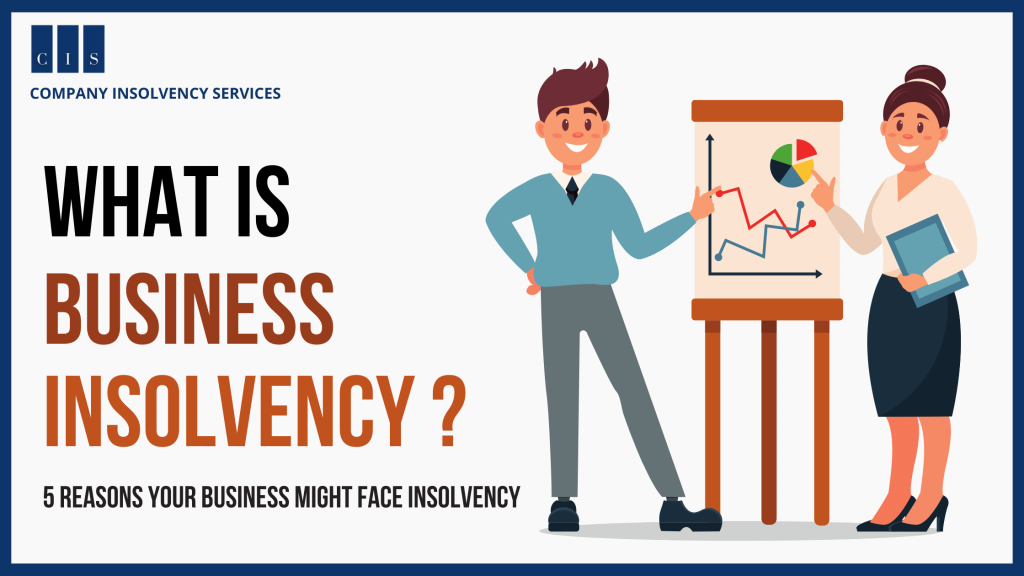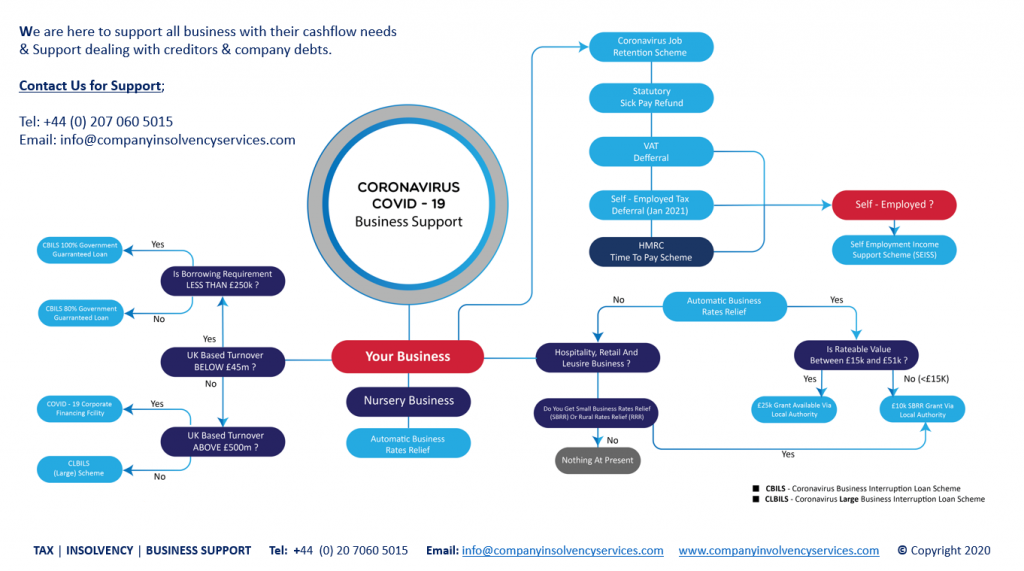WHAT IS BUSINESS INSOLVENCY?
Business insolvency is when a company can’t pay its debt — it is bankrupt. It also means that the company will have to employ debt management tactics or even go through liquidation for its debts to be settled. This usually happens when the owner of the business has mismanaged it and has not been able to generate enough revenue.
When you talk about business insolvency, there are two types of businesses that come into mind:
1) Private Company – A private company refers to just a few people who have invested in this enterprise. It does not mean any particular number but definitely more than 40 members. The most common private companies are S-Corporations, C-Corps etc. And if they cannot pay their debts, the owners of these companies are held personally responsible for all the company’s losses.
2) Public Company – This refers to a business that is owned by many people. It does not mean any particular number but definitely more than 500 members. If the public company goes bankrupt, then there are usually no personal liabilities but it can affect investors negatively or even cause them lose money.
When dealing with business insolvency, there are three stages that you need to be aware of:
1) The Liquidation Stage – Here the creditor has filed a petition against the company because they could not pay their debts. Once this happens, it means that an interim liquidator will now manage its affairs and make decisions on how they should settle their debts.
2) The Receivership Stage – This is the second stage and it begins when a receiver has been appointed by the court or by an agreement between all creditors and shareholders of the company. The receiver’s main role is to recover what they can for their company so that they can pay off some of their debts and avoid bankruptcy. They also sell off any assets that would help them get rid of debt quicker.
3) Bankruptcy Stage – If nothing goes on well in the previous two stages, then this will happen; where you file for bankruptcy protection because your business can’t continue with its present status. A trustee will be appointed who will take over control and make decisions about how best to handle your company’s affairs while trying to recover some of the money that you owe.
And if your business is not able to pay all its debts, then there are other options available to you including Debt Consolidation Loans , Debt Negotiation and even Debt Settlement Plans. But before you go for any of these, make sure that you know exactly what’s involved in it so you can be prepared. This will also help ensure that what results from it are beneficial for everyone involved.
When might your business face insolvency?
Business insolvency can hit any business, no matter how large or small. Many businesses fail in the first few years of trading. If you’re experiencing cash flow problems due to late payments by customers, you may be heading for trouble. Mediation will only work if both parties are committed to it and they have an equal chance of success when they start negotiating together.
If your company is in severe financial difficulty, whether caused by mismanagement, overtrading or not being able to keep up with debts as they fall due for payment, there could come a point where the whole business fails and goes into liquidation – this could be done voluntarily (voluntary winding up), or because creditors force this course of action upon you (compulsory winding up).
If you are considering this or other options available to you, do so in conjunction with an insolvency practitioner. Insolvency is not a suitable solution for everyone and advice should be considered before embarking on any course of action that may affect your personal assets (i.e. property, savings etc.)
Otherwise, when there’s no hope left to save the business, the creditors will sell off its assets in order to settle their claims. Once they’ve reached an agreement about sharing out what’s left over after all debts have been paid (if anything), then the company can be declared bankrupt.
Warning Signs Of Business Insolvency
Here are a few warning signs that should let you know that your company has inadequate cash flow and inadequate profits to meet its financial commitments:
* Unpaid creditors
* Losses for two or three consecutive years, even if the business is growing
* Monthly cash deficits for three months running
* Common stock equivalents worth zero or negligible amounts
What Are The Chances Of Getting Help For Your Business?
You chances of getting help will be increased if you can demonstrate that you have tried everything possible to resolve the problem. This would include:
* A willingness to sell off assets (where this is one of the options available to you) * Not unreasonably withholding consent to proposals by other stakeholders
* To rigorous efforts at cost-cutting and cost-reduction
What Is The Timescale For Getting Help For Your Business?
The speed with which your business will get help depends on the complexity of it. You may need to wait some months for a solution to be found, if only because of the sheer number of businesses that require expert help.
There are many options available to companies in financial difficulty – liquidation or restructuring. This is why it’s important to fully understand what you’re getting into and what your actual options and alternatives (if any) might be, before you make a snap judgment.
It also means that some creditors can benefit from coming together and sharing their knowledge about what has caused the company’s financial problems and how they can best be resolved.
Need further help?
If you are unsure how this process works, or if you have any concerns about what your company’s future is likely to be, don’t hesitate to get in touch with the team today on +44 (0) 20 7060 5015 or email us @info@companyinsolvencyservices.com




